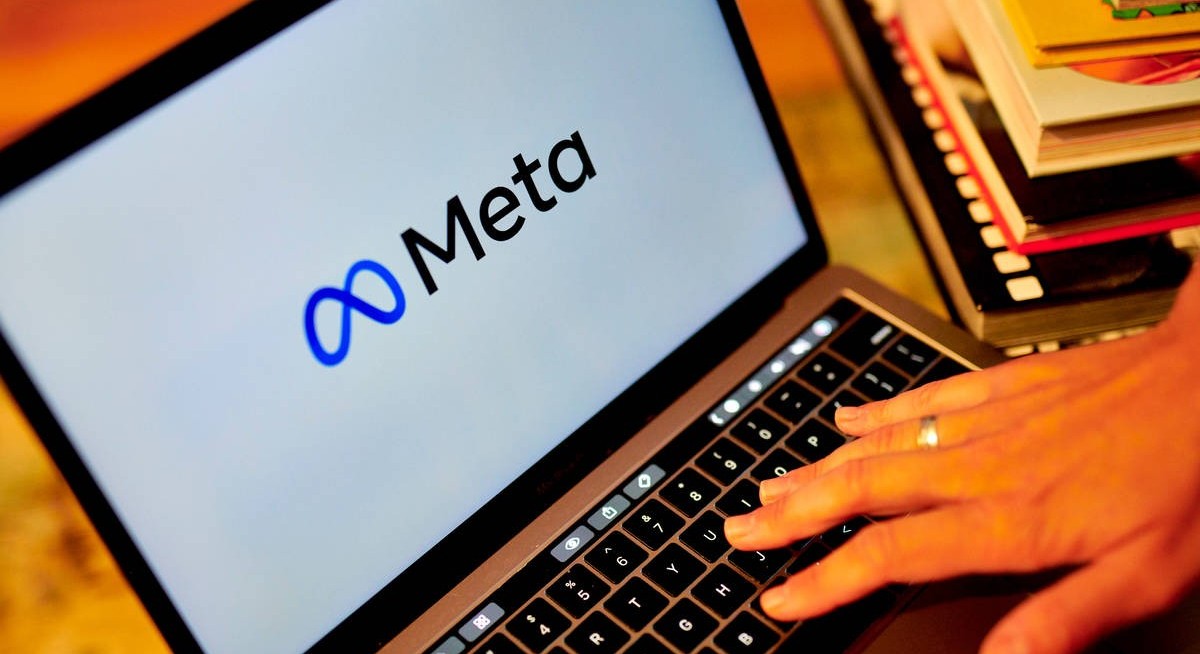A collection of changes over the past decade — from better technology and AI to changes in societal norms — have helped erode Meta’s distinct advantages, he wrote.
“Facebook, Instagram, TikTok, and YouTube have thus evolved to have nearly identical main features,” Boasberg wrote in his opinion. Meta’s most popular features are “indistinguishable from the offerings on TikTok and YouTube”.
The upshot: Meta won its fight with the Federal Trade Commission, but its business is more threatened than it’s ever been.
For years, the company was able to stave off would-be competitors by leveraging its most valuable asset: The “social graph”, or network of friends and family that a user would interact with on Facebook and Instagram. Owning the social graph was considered Meta’s moat, and it created a network effect that made leaving the app difficult. To try to create the same experience on a different tool would require rebuilding connections with friends and family from scratch.
See also: Montage shares jump 57% in debut after US$902 mil HK listing
These network effects also made Meta’s apps feel distinctly different. Where else could one go to get updates from all the people in their life in one place?
That power dynamic has shifted over time, and not necessarily in Meta’s favour. Boasberg acknowledged repeatedly in his opinion that Meta’s role as a friends-and-family network has eroded over time.
“When someone first signed up for Facebook, his friends on the app were his friends in real life. More than a decade later, his offline friends have changed, but his old Facebook friends are still there,” Boasberg wrote. “Long-time users’ friend lists have thus become an often-outdated archive of people they once knew,” the judge said, and “posts from friends have therefore grown less interesting”.
See also: Samsung stock rises after report on mass production of AI chips
This change in Meta’s network has led the company to lean more aggressively into what it calls “unconnected” content, or posts and videos that don’t come from someone the user has a relationship with. Finding and delivering unconnected content means relying on AI algorithms to deliver people things that they didn’t necessarily ask for.
This has become the norm on Facebook and Instagram, Meta’s two largest apps. “Americans now spend only 17% of their time on Facebook viewing content from their friends,” Boasberg wrote. That number drops to just 7% on Instagram. “What has replaced content from friends?” he asked. “For the most part, short videos posted by strangers and recommended by AI.”
In the social video market, though, TikTok and YouTube are also dominant players. Both have also developed state-of-the-art recommendation algorithms to show users what they want to see, and have a wide library of videos to distribute based on a user’s personal tastes and preferences. Even AI companies like OpenAI are reportedly building their own social feeds of content for people to scroll through. Other AI players aren’t likely far behind.
In other words, Meta is now playing a game that others can play, too. Regardless of which company executes best, their respective product offerings often feel the same, Boasberg concluded.
This was mostly Meta’s choice. The company is a well-known copycat, often tweaking its own products to mimic what it finds popular from its rivals. Some of Instagram’s most-used features, like Stories and Reels, are direct clones from apps like Snapchat and TikTok. “Meta’s win is not necessarily surprising considering the lengths it’s gone to in recent years to keep up with TikTok,” wrote EMarketer analyst Minda Smiley.
The consequence of these changes has been a declining market share for Meta, as defined by time spent, the court said. When people can get the same general experience elsewhere, they don’t feel compelled to spend as much time on Facebook and Instagram. That has opened the door for rivals like TikTok, which only became a serious competitor in 2018, but “has been overrunning the market ever since”, Boasberg wrote.
“Unsurprisingly, then, Meta’s market share seems to be shrinking,” he concluded.
To stay ahead of Singapore and the region’s corporate and economic trends, click here for Latest Section
Meta still has plenty of power. Despite the emergence of several legitimate competitors, the company is expected to bring in roughly US$200 billion ($260.49 billion) in revenue this year, according to data compiled by Bloomberg, almost four times its sales in 2018, the year TikTok first appeared in the US. Meta’s market capitalisation is more than US$1.5 trillion, making it the eighth-most valuable company in the world, and it’s continuing to bet billions on AI.
But Boasberg’s conclusion also shows that a company’s earnings power doesn’t necessarily correlate to the power it holds over a certain market.
Now, Meta is looking beyond social media, focusing more of its efforts on large language models and AI chatbots — the same kind of thing offered by OpenAI, Anthropic PBC and Alphabet Inc — in an even more crowded market.
Uploaded by Tham Yek Lee




